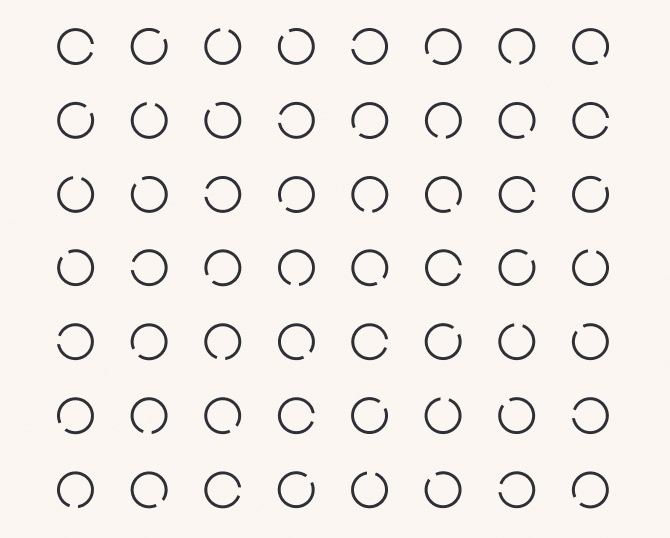
This is the third part of a new blog series from Dr. Palmer on the topics featured in his new book Self-Control or State Control? You Decide, which can be downloaded for free here.
It’s not so hard to talk about having one’s freedom taken away. “You’re under arrest” means you’re not free to go. Prisoners have had their freedom taken. When that’s done unjustly, we speak of freedom being “stolen,” because rightfully it should be yours to enjoy. But can your responsibility be stolen from you?
Phil Harvey and Lisa Conyers wrote a book on that topic, The Human Cost of Welfare: How the System Hurts the People It’s Supposed to Help. They take a close look at what it means to be trapped in the welfare state — surviving, but not flourishing. People in the welfare system are deprived of their freedom and their dignity. Getting off of public benefits is not easy, because independence is systematically penalized. The effective marginal tax rate on earnings can top 100 percent. One mistake in filing forms can result in disqualification for benefits. The welfare system also, of course, controls behavior. If a family member has been seen — or is suspected of — smoking pot, the family can be evicted on the authority of a bureaucrat in the Public Housing Authority (PHA).
We’re assured that such controls have all been imposed with the best of intentions. Benefits aren’t intended for people who have assets or receive them, perhaps from an inheritance, or for those who are earning an income, so the benefits are cut. That’s essentially the equivalent incentive of taxing those assets or income very heavily, sometimes more than 100 percent. So it’s more advantageous — economically, at least — for many people to avoid work or to fritter away any inheritance. The welfare system also won’t subsidize the housing of people who use drugs, or who live with a family member or roommate who uses drugs. We can see why the rules are written that way. It’s also clear, though, that this process of removing people’s responsibility for their lives also takes away their freedom to work, their freedom to improve their lives, and their freedom to make their own decisions.
Read: The supply and demand for state control
Government employees are more likely to be rewarded for increasing the burden of their actions on taxpayers, rather than reducing it. Budgets grow, authority and prestige is increased, and the ostensible need for their services is therefore demonstrated. One obstacle to this process is the pride of people who don’t want to be the targets of their activities — so employees are rewarded for helping people to overcome their pride.
Many years ago, one of my brothers and I came to the assistance of another brother who had harmed his life through alcohol abuse. We got him into a hospital and worked to salvage what we could of his assets. The hospital social worker (a very helpful person, who led me to a greater appreciation for social work generally) explained that in order to get him into a treatment program we had to go to the county welfare office and fill out some forms. We didn’t like this, but she said that no treatment program, private or public, would look at him until we did so. So we gathered all his financial papers that we could find, listed and appraised what personal effects we could salvage, got the title to his car, had a power of attorney drawn up and signed, and so on. Then off we went to the welfare office to fill out some forms.
Read: Do their passions forge their fetters?
We waited, and when our turn came we laid out the lists of what we had salvaged. The case worker was appalled. “Get rid of all that money! Sell the car and spend the cash!” he told us. “Then come back after you’ve spent it all and I can make your brother my client.” We didn’t do as he told us (the money went for his treatment), but it was a shocking experience. The point of the process was not to help our brother, but to impoverish him completely so that he could be made a “client” of this gentleman. It left a very, very bad taste in my mouth.
A life without responsibility may sound desirable to some people, until they find out how hard it is to regain one’s freedom.
This is the third part of a new blog series from Dr. Palmer on the topics featured in his new book Self-Control or State Control? You Decide, which can be downloaded for free here.